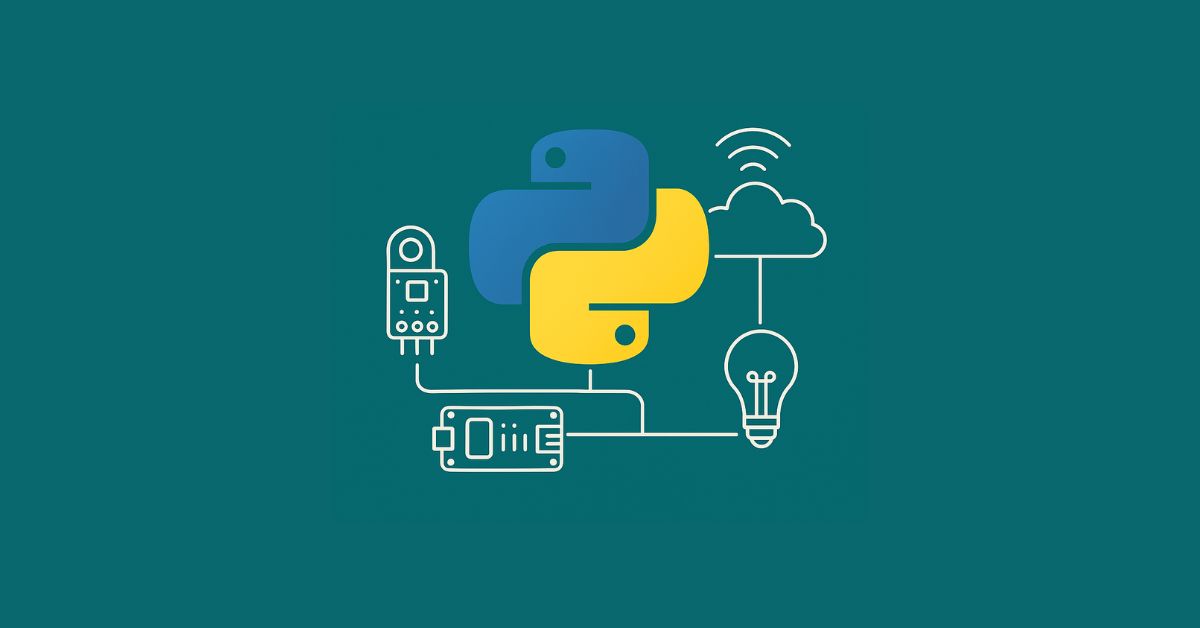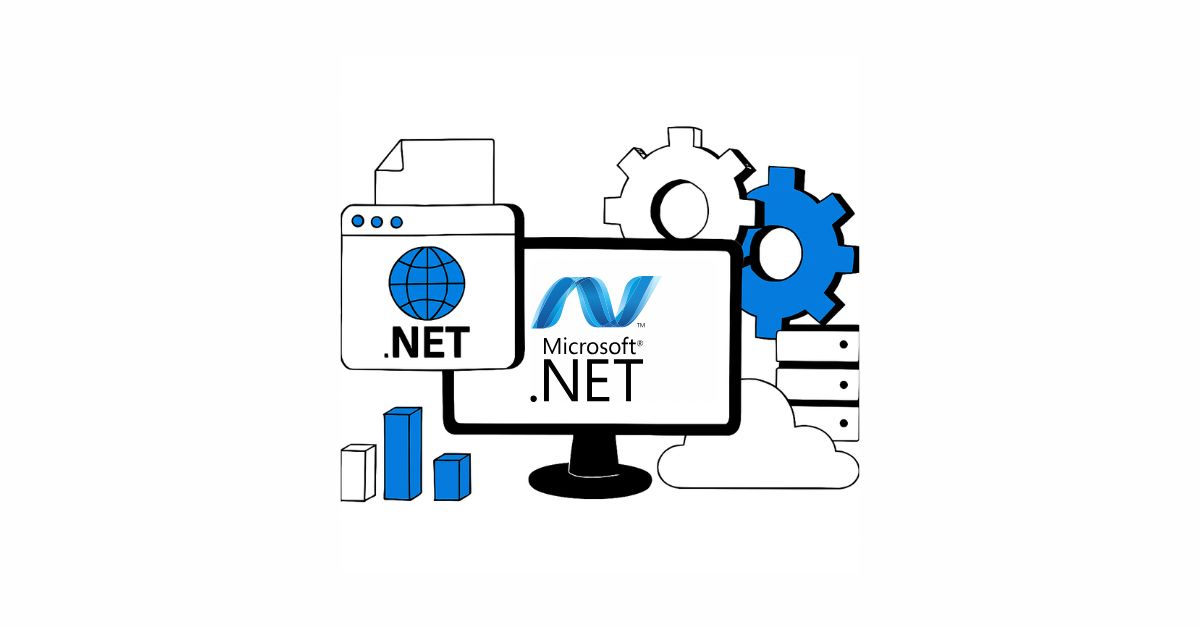Before the pandemic, the future of work seemed pretty oriented and clear. Most companies were trying to reach the level of the digital world and trying to make the process easy and simple for employees working- investing in new ways to collaborate, using AI to improve sales and marketing, and determining which channels were most effective for reaching out to customers.
After the pandemic, we have seen a different way of dealing with work, and projects. We had an option of working from home where everyone sat at different locations which made work more easy and comfortable in that everyone could access the work at their convenience. Many companies were working during the pandemic times and employees were also busy.
- Benefits And Challenges For Remote Collaboration
- However Remote Work Can Come Along With Challenges Such As
- Strategy For Effective Remote Collaboration
– Establish the Clear Communication Protocol
– Foster a Culture Of Trust And Accountability
– Set Expectations And Goals
– Encourage The Virtual Team Building Activities
– Hybrid Model Dominating The World
– Automation And Artificial Intelligence Reshaping Job Roles
– Gig Economy Platforms Growing In Popularity
– Balancing Remote and Office Work: Making the Hybrid Model Work
– Supportive Infrastructure For Employees Well Being
– Maintaining a Sense Of Community Among The Remote Workers - Implications Of Remote Work On The Business
– Reduce Overhead Cost
– Clear Communication Channel - Conclusion
Benefits And Challenges For Remote Collaboration
The remote work trends offer various benefits for both the employees and the employers. Check the below-mentioned details to learn further
Embracing remote work solutions offers employees access to work from anywhere as per their time and convenience, This will help to maintain a balance between work-life balance, reduce commute time, and increase job satisfaction as employees can spend more time resting or being with their loved ones.
A company that uses remote options for the workplace will have access to the global talent pool. It breaks down the barrier of locations, enabling him the process of hiring the best-suited employees from all over the world.
Adopting virtual teamwork can lead to significant cost savings for businesses, such as reducing the cost associated with office space and utilities.
However Remote Work Can Come Along With Challenges Such As
Communication and understanding may arise without face-to-face communication, hindering effective team collaboration, differences in the time zone may be a challenge faced by the employees and the employers also. Therefore decent collaboration may be needed.
Remote work settings that rely on telecommuting technology introduce the risk of difficulties and disruption. If the issue is not solved quickly, it may impact the productivity.
Feelings of isolation and disconnection from colleagues and the organization can also arise. With social interaction and informal conversation, which are very likely to happen in an office environment, remote workers may be able to maintain a sense of belonging and engagement.
Strategy For Effective Remote Collaboration
Establish the Clear Communication Protocol
Tools for communication platforms to facilitate the more effective discussion among the employees. Real time messaging such as Slack, Discord, and Microsoft teams and video conferencing such as Zoom, Skype and Microsoft tool are necessary.
Enhancing your protocol can be seamlessly added to support further and streamline the communication efforts. Horizon collaborates and combine the video and voice call, conference the capabilities, immediate message and file sharing into a single platform, making it more straightforward for teams to connect and collaborate effectively.
Foster a Culture Of Trust And Accountability
An environment where trust and accountability are values that encourage open communication, transparency, and honesty. This will allow the remote workers to express their concerns, share ideas, and better take ownership of the work. Utilize virtual teamwork approaches such as collaborative brainstorming sessions and activities that keep them connected.
Set Expectations And Goals
Clearly define the project timelines, objective and deliverable to provide remote team members with a better team understanding of each carrying its responsibility. We can use the SMART Method to define the objectives (Specific, Measurable, Achievable, Relevant, and Time-bound).
Encourage The Virtual Team Building Activities
Businesses should hold a virtual meeting to learn about the employee’s growth and to solve their doubts as well, this will help them connect and understand each other in a better way. Facilitate the events so that they can stay connected as a family.
Hybrid Model Dominating The World
The future of work is expected to be dominated by hybrid work models. This means that the employee will have the flexibility to work remotely and from the office. Companies are recognizing the benefits of this approach as that allows a balance between productivity and collaboration.
Automation And Artificial Intelligence Reshaping Job Roles
It is changing the labor market, leading to significant changes in job roles. As technology advances, certain tasks are the ones that were previously done by humans and are now being auto-generated. This trend is expected to continue in the future, impacting various industries and sectors.
Gig Economy Platforms Growing In Popularity
The gig economy has gained momentum in recent years, with platforms such as Uber ,Airbnb, providing the flexible work opportunities. This trend will be accepted to grow more in the future.
Balancing Remote and Office Work: Making the Hybrid Model Work
The future of remote work looks promising, especially for industries like software development that are well suited to telecommunicating. However, finding the right balance between the remote and office work is important.
Supportive Infrastructure For Employees Well Being
Offering a flexible environment and working hours is such a thing that every employee needs in today’s time that based on their comfort and accuracy they will complete the work. Working remotely gives you advantages to take the new opportunity of working as well where employees motivate each other to perform better and with more accuracy.
Maintaining a Sense Of Community Among The Remote Workers
One challenge of remote work is maintaining the community of a team between the employees, you need to make them connected through various tasks and activities, arranging weekly meetings where they can share something about the economy, politics, or any other things.
Implications Of Remote Work On The Business
Reduce Overhead Cost
It has the potential to significantly reduce overhead costs for businesses. By allowing the employees to work from home or other remote locations, where companies can save money on expenses such as office space, utility, and office supplies. This can be especially beneficial for businesses or startups with limited budgets.
Clear Communication Channel
Employers need to establish a clear communication channel when it comes to managing remote teams. Companies can make use of various communication tools to make the process of communication more effective. Regular team-up, meetings would help to keep the work-life balance easy and simple.

You might want to read
Best Practices for Network Security in Remote Work Environments
Conclusion
All things considered, the nature of work in the future will be collaborative and driven by the combination of technical innovation and human skill. This synergy is facilitated by remote collaboration tools, which create a dynamic workplace where borders between locations disappear and creativity is unrestricted. Accepting these technologies marks a culture change as much as a technological one, opening the door for a workforce that is more inclusive, connected, and productive.







